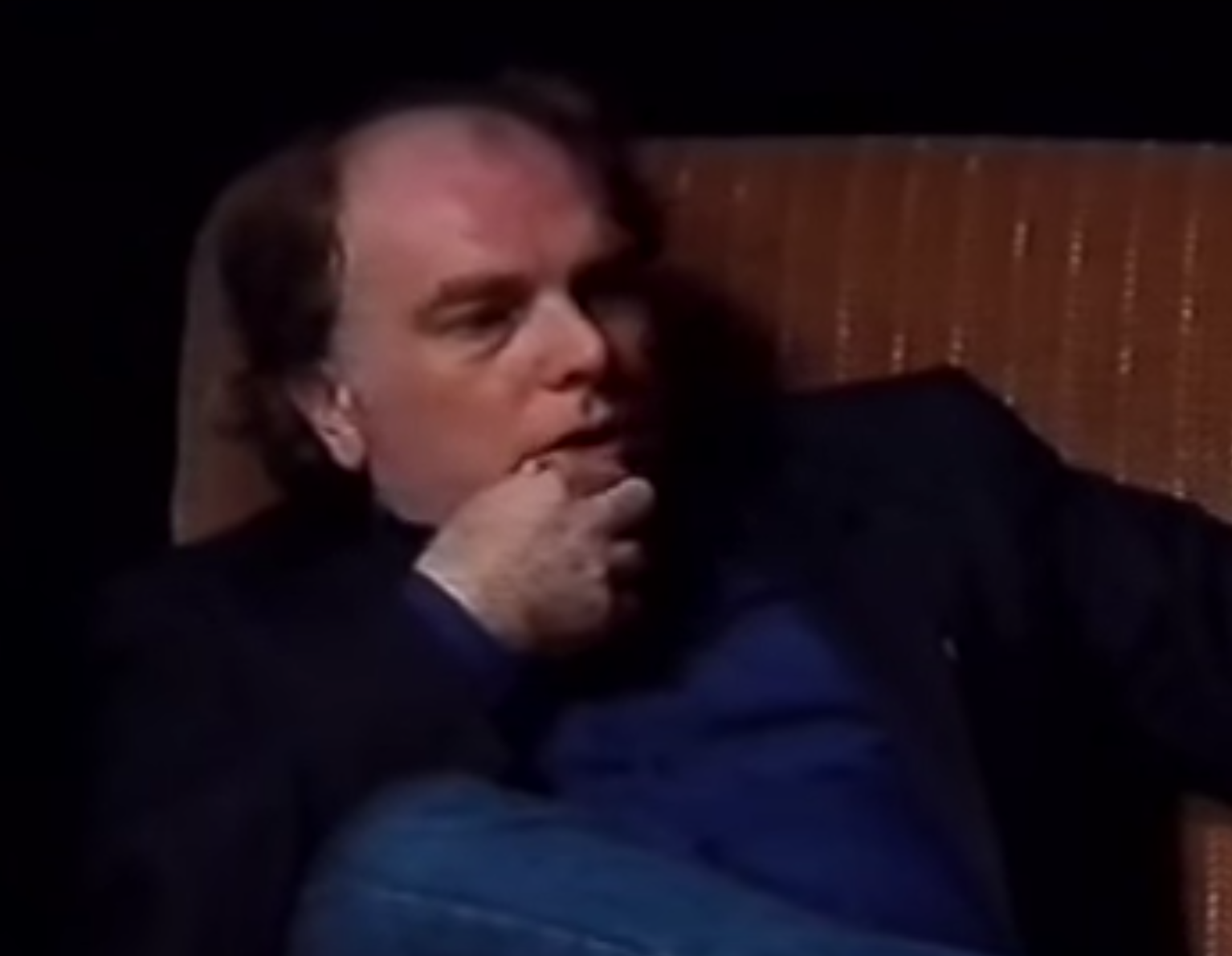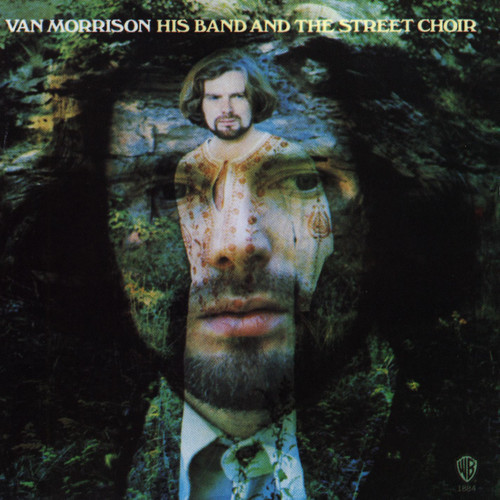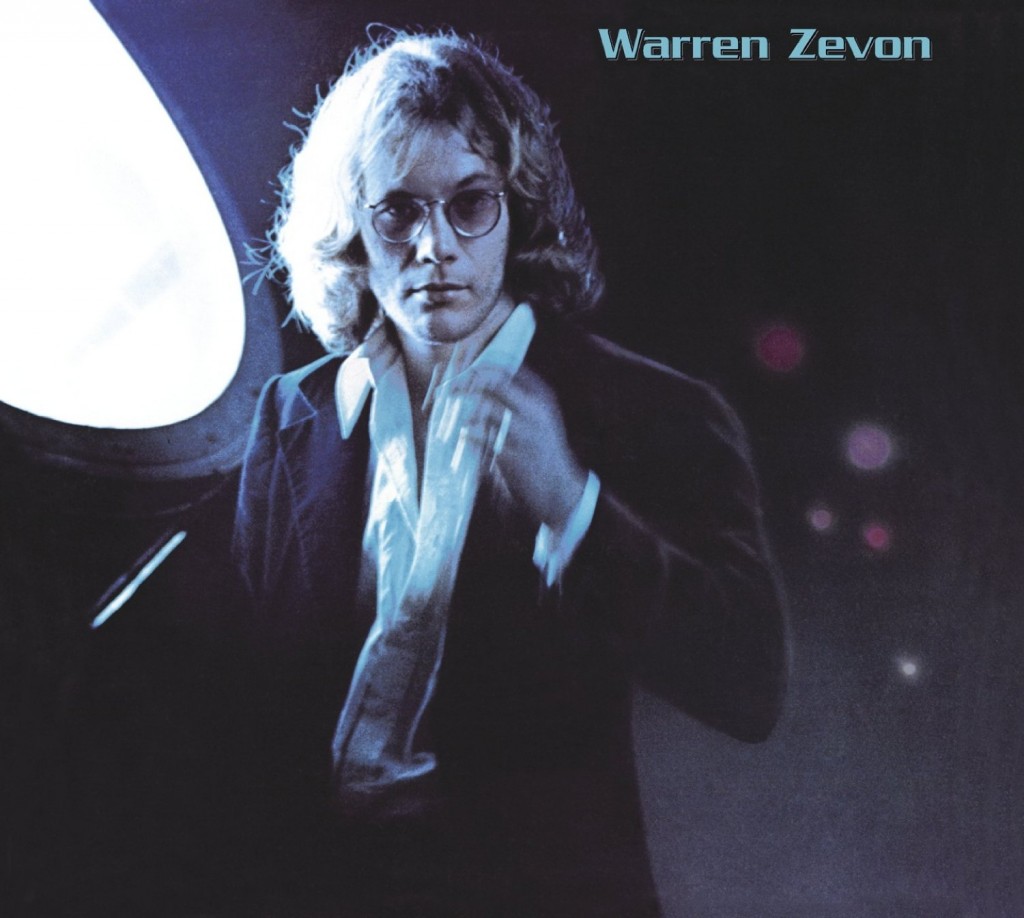This concert was Keith Moon‘s last show with The Who.
Continue reading “May 25: Keith Moon’s Last Concert with The Who (1978)”
Continue reading “May 25: Keith Moon’s Last Concert with The Who (1978)”

Van Morrison
In Performance with Derek Bell & Clive Culbertson
In Conversation with Martin Lynch, Professor Bob Welch & Derek Bell
Riverside Theatre
New University of Ulster
Coleraine, Ireland
April 20th 1988
Ulster Television Production
“Setlist”:
-Egil
What’s Going On is not only Marvin Gaye’s masterpiece, it’s the most important and passionate record to come out of soul music, delivered by one of its finest voices, a man finally free to speak his mind and so move from R&B sex symbol to true recording artist.
~John Bush (allmusic.com)… Marvin Gaye then did something no other Motown artist had ever dared. With What’s Going On (1971), he started a revolution. Although it spawned three hits—the antiwar title song, the ecological plea “Mercy Mercy Me,” and “Inner City Blues”—this was Motown’s first true album. Its blend of unembarrassed spirituality and unflinching social realism, as well as relentless percussion set against lush orchestration, was unlike anything that came before it in both form and content. For Gaye, it was a self-produced declaration of independence.
~ The New Rolling Stone Album Guide
What’s Going On:
Continue reading “May 21: Marvin Gaye released What’s Going On (album) in 1971”

“Why did you leave America
Why did you let me down,
And now that things seem better off,
Why do you come around,
You know I just can’t see you know,
In my new world crystal ball,
You know I just can’t free you now,
That’s not my job at all.”
– Van MorrisonHis Band and the Street Choir is another beautiful phase in the continuing development of one of the few originals left in rock. In his own mysterious way. Van Morrison continues to shake his head, strum his guitar and to sing his songs. He knows it’s too late to stop now and he quit trying to a long, long time ago. Meanwhile, the song he is singing keeps getting better and better.”
– John Landau, Rolling Stone Magazine (1971)Morrison is still a brooder–“Why did you leave America?” he asks over and over on the final cut, and though I’m not exactly sure what he’s talking about, that sounds like a good all-purpose question/accusation to me–but not an obsessive one, and this is another half-step away from the acoustic late-night misery of Astral Weeks. As befits hits, “Domino” and especially “Blue Money” are more celebratory if no more joyous than anything on Moondance, showing off his loose, allusive white r&b at its most immediate. And while half of side two is comparatively humdrum, I play it anyway. A
~Robert Christgau (Consumer guide)
Continue reading “Great Album: Van Morrison – His Band and the Street Choir (1970)”

“You have to remember that writing those sorta songs is not reality, it’s more like trance, dream, y’know, like dreamwork. The mythical thing can enter the creating but there’s the mythical place and the real place. And there’s both…I get it between waking and sleeping. Or, when I’m doing something else. I don’t sit down and think I’m gonna write about subject X or subject Y. I could be doing something and an impression comes in from outside and the song emerges out of that. It’s never thought about or contrived.”
– Van Morrison (NME, 1989)
Avalon Sunset is the nineteenth studio album by Van Morrison, it was released May 19, 1989. It is one his finest!
It is not on Spotify, but let us go through the album song by song.
The album opens with “Whenever God Shines His Light“, issued as a successful single that charted at #20 in the U.K. and was a duet with Cliff Richard.
Continue reading “May 19: Van Morrison released Avalon Sunset in 1989”

And if California slides into the ocean
Like the mystics and statistics say it will
I predict this motel will be standing
Until I pay my bill.
We love Warren Zevon here at BTL and today it is 40 years since his big studio debut Warren Zevon (the album). A classic album that really has stood the test of time.
Though only a modest commercial success, the Browne-produced Warren Zevon (1976) would later be termed a masterpiece in the first edition of the Rolling Stone Record Guide and is cited in the book’s most recently revised edition as Zevon’s most realized work. Representative tracks include the junkie’s lament “Carmelita”; the Copland-esque outlaw ballad “Frank and Jesse James”; “The French Inhaler”, a scathing insider’s look at life and lust in the L.A. music business (which was, in fact, about his long-time girlfriend and mother to his son Jordan); and “Desperados Under the Eaves”, a chronicle of Zevon’s increasing alcoholism.
Warren Zevon (with Jackson Browne) – Mohammed’s Radio live on British TV in 1976:
Continue reading “May 18: Warren Zevon released Warren Zevon (album) in 1976”